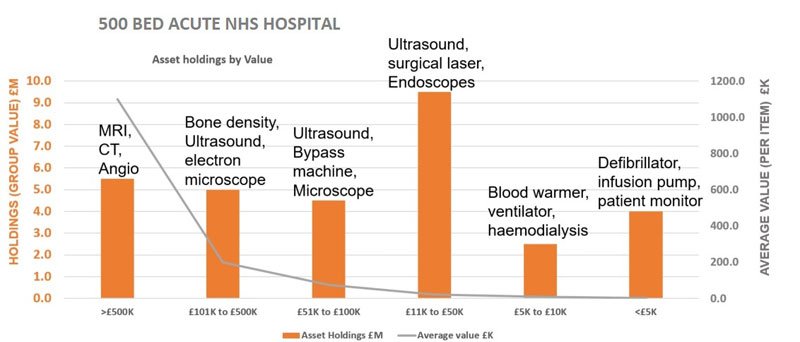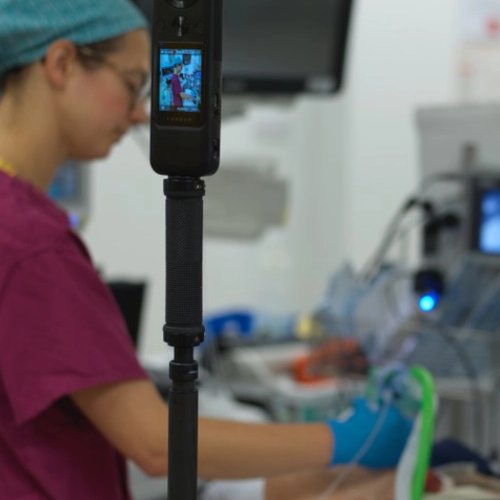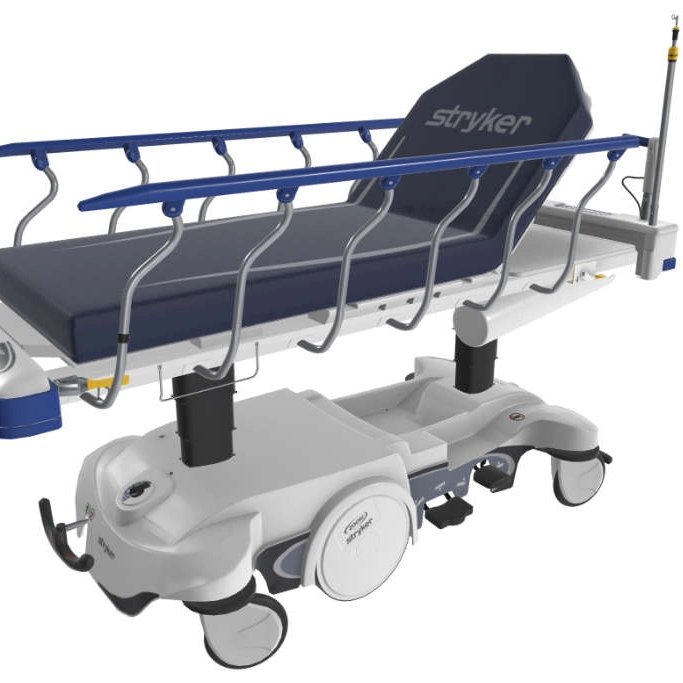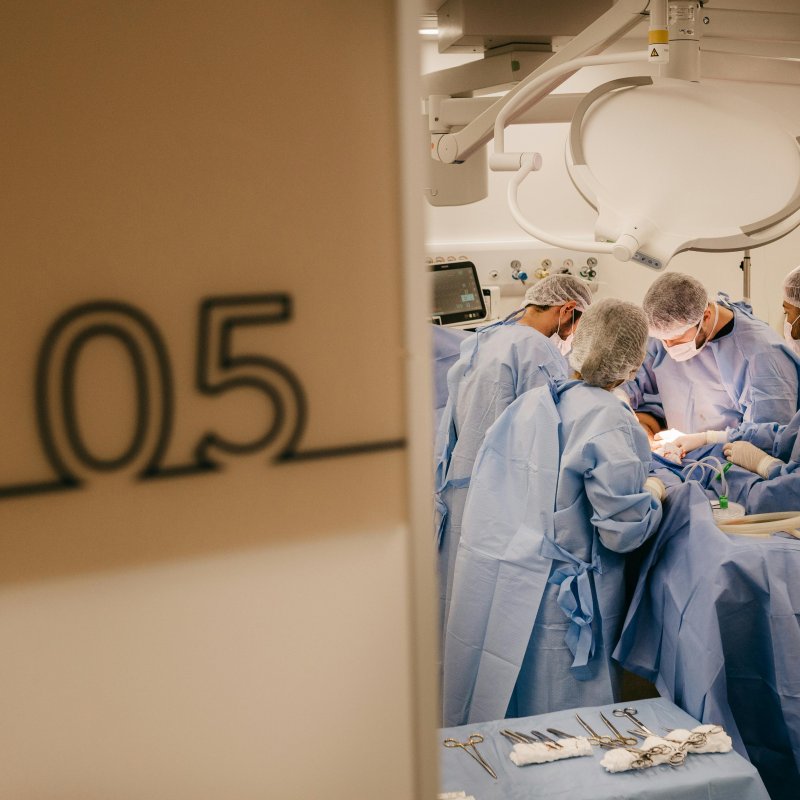Contact Us
+44 20 32897141 / 1 Pickle Mews, London, SW9 0FJ
Training Complex Medical Device Operation with Virtual Reality
Published
Oct 25, 2024
Tags
Virtual reality has the capability to build immersive training scenarios for your complex medical device.
There are approximately 600,000 medical devices available on the UK market. In every hospital or care setting, hundreds of these devices will be present. Any medical professional will interact with, and control an abundance of them, requiring extensive operational knowledge of said devices. And as no two devices are built the same, the operating instructions will vary drastically. The difficulty of this operational comprehension is further compounded by the fact that these devices span a range of complexity, from the likes of wheelchairs to large imaging devices.
Expansive Hospital Inventories
The expansive collection of medical devices that an average 500 bed acute NHS hospital hosts can range from lower-cost patient monitoring devices to complex and expensive MRI machines. The majority of devices hosted in this hospital type are within the value range of £11K-50K. Examples include ultrasound machines and endoscopes, both of which require dedicated training that provides operators with core competencies to control them.

What Constitutes a Complex Medical Device?
Complexity is a multidimensional quantity composed of:
- the number and diversity of intended functions,
- necessary user skills,
- inherent difficulty of use,
- nature of input and output,
- and probability of user error.
Each of these components determine the level of user complexity that is attributed to a particular device.
Let’s consider a paediatric rigid bronchoscope to explore the level of complexity of medical devices that are frequently used in the hospital environment. The paediatric rigid bronchoscope encompasses in excess of 10-15 individual components and often comes with varying size options to adjust to the patient, further complicating setup for hospital and healthcare staff. The components have to be assembled accurately and in the correct order for the device to be functional. Any medical professional who needs to construct this device requires detailed, expert training on the bronchoscope to swiftly assemble it in the emergency scenario it’s intended for. But training opportunities with complex medical devices such as these are scarce due to the unpredictable nature of the emergency scenario.
The Constraints to Complex MedTech Training
Complex often corresponds with rarity and value when it comes to medical devices. Each device can be worth thousands of pounds, and only a few – or in some circumstances, just one – will be present in a care setting at once. All this limits the opportunity for medical professionals to gain hands-on experience to build competencies that will be vital to operating these devices.
However, virtual reality (VR) is flipping traditional medical device training on its head. VR has the capability to visualise any medical device and build out scenarios where trainees can interact with exact replicas. They can learn all the intricacies, components, and features of the device to build in-depth operational knowledge that can be applied to real-life scenarios.
But that’s not all. Traditionally, MedTech companies would have to travel to each hospital to deliver in-person training on these highly complex medical devices or send them to hospitals for doctors and nurses to test and lead training internally. That’s extremely time-intensive, costly, and doesn’t always deliver training to all operators of the device. The time pressure and limited resources of medical professionals mean they may not have the availability to attend these one-off training sessions, either.
Virtual reality gives MedTechs the ability to deliver impactful training at scale via an interactive format that can be accessed at any time. Learners can refer back to the training at a later date, too, to boost their cognitive understanding of medical devices even further.
Replicating Medical Devices with VR
Here at ExR, we’re pioneering MedTech education. Our high-quality VR training simulations accelerate learning and drive adoption for emerging devices. For more complex medical devices, we capture a 3D scan of the device and then apply photogrammetry to produce a digital twin, the device’s exact replica. We then leverage your product expertise to curate a simulation that covers all crucial training elements, intertwining interactive elements such as questions to ensure engagement and test knowledge throughout the course.
This content maximises your existing education material to train clinicians faster and expand training access to all possible users.
Explore our collaboration with Alder Hey Children’s Hospital where we developed a fully immersive VR experience which guided users through the setup and deployment of a paediatric rigid bronchoscope using a manakin. These immersive training videos are now being rolled out across a regional teaching programme and incorporated into national ENT courses.
Build scalable, immersive training for your complex medical device with ExR.
Most recent posts
Like what you read?
Please get in touch with us.



